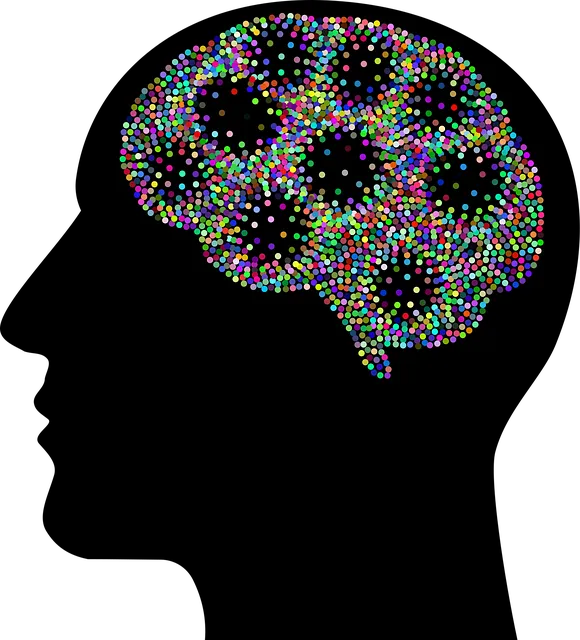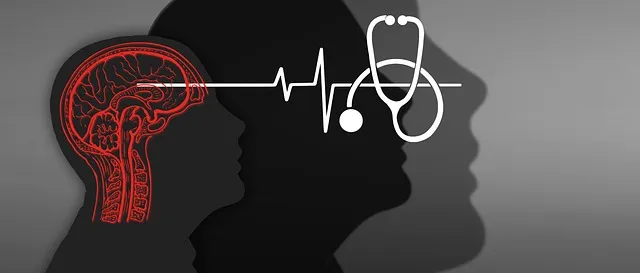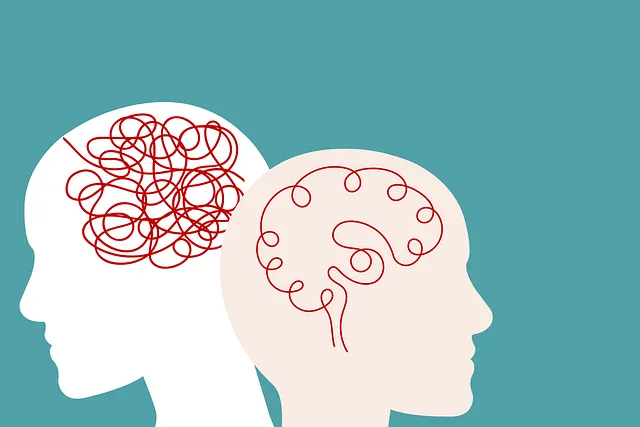Longmont Kaiser Permanente behavioral health services lead the way with advanced diagnostic tools and evidence-based practices for precise mental illness diagnosis. They integrate cutting-edge research, technology, and risk management planning, empowering the public through education initiatives like the Mental Wellness Podcast Series. Standardized assessments and holistic care approaches ensure comprehensive patient evaluations, combining accurate diagnosis with stress management tools and crisis interventions. AI-driven diagnostic tools and advanced training programs further enhance diagnosis accuracy and tailored treatment plans for improved mental wellness within the community.
Mental illness diagnosis accuracy is a critical aspect of patient care, and continuous improvement efforts are essential. This article explores various initiatives aimed at enhancing diagnostic tools for mental health professionals. We highlight successful programs like Longmont Kaiser Permanente’s behavioral health focus, the role of standardized assessments, and the integration of advanced technologies in mental illness diagnosis. Additionally, we discuss training programs that empower clinicians with expertise, ultimately improving patient outcomes through more accurate diagnoses.
- Enhancing Diagnostic Tools for Mental Health Professionals
- Longmont Kaiser Permanente: Behavioral Health Focus
- Standardized Assessments: Improving Diagnosis Accuracy
- Integrating Advanced Technologies in Mental Illness Diagnosis
- Training Programs: Empowering Clinicians with Expertise
Enhancing Diagnostic Tools for Mental Health Professionals

Mental health professionals at Longmont Kaiser Permanente behavioral health services are at the forefront of enhancing diagnostic tools to improve mental illness diagnosis accuracy. They recognize that advanced assessment techniques and evidence-based practices are vital for ensuring patients receive timely and effective treatment. To this end, they continually update their methods, integrating cutting-edge research and technology into their workflow.
This commitment extends beyond clinical settings, as demonstrated by the Mental Wellness Podcast Series Production and Self-Care Practices initiatives. These programs not only educate the public on mental health issues but also equip individuals with valuable self-care strategies and stress management workshops organization. By combining innovative diagnostic tools with proactive wellness promotion, Longmont Kaiser Permanente behavioral health services strive to improve overall mental wellness within their community.
Longmont Kaiser Permanente: Behavioral Health Focus

Longmont Kaiser Permanente has made significant strides in enhancing its behavioral health services to improve mental illness diagnosis accuracy. Their focus on comprehensive care includes integrating advanced assessment tools and evidence-based treatments, ensuring patients receive precise diagnoses and effective therapies. By prioritizing the latest research and best practices, Longmont Kaiser Permanente aims to elevate the standard of care in the field.
In addition to these efforts, the organization actively invests in Risk Management Planning for Mental Health Professionals and designs Mental Health Education Programs tailored to address community needs. They also promote Emotional Well-being Promotion Techniques as part of their holistic approach, recognizing the importance of preventive measures alongside treatment interventions.
Standardized Assessments: Improving Diagnosis Accuracy

At Longmont Kaiser Permanente behavioral health services, standardized assessments play a pivotal role in enhancing diagnosis accuracy. These structured tools are meticulously designed to provide consistent and reliable evaluations, enabling mental health professionals to make informed decisions about patient conditions. By adhering to standardized protocols, healthcare providers can reduce subjective biases and ensure that each assessment is conducted comprehensively, covering various aspects of an individual’s psychological well-being. This approach aligns with the principles of evidence-based practices, where clinical judgments are backed by scientific research and data.
Leveraging standardized assessments goes hand in hand with integrating Stress Management Workshops Organization, Stress Reduction Methods, and Crisis Intervention Guidance. These initiatives complement each other, fostering a holistic understanding of patients’ mental health needs. While standardized assessments offer a robust framework for diagnosis, the workshops and guidance programs equip individuals with effective stress management tools and crisis coping strategies. This integration ensures that not only are diagnoses more accurate, but patients also gain practical skills to navigate their mental health challenges more effectively.
Integrating Advanced Technologies in Mental Illness Diagnosis

At Longmont Kaiser Permanente behavioral health services, we’re witnessing a significant shift in diagnosis methods, driven by advancements in technology. Tools like AI-powered diagnostic software and machine learning algorithms are now being integrated into mental healthcare practices, aiming to enhance accuracy and efficiency. These technologies analyze vast amounts of patient data, including medical history, symptoms, and even genetic information, to provide more precise assessments.
This approach not only reduces the potential for human error but also offers a personalized experience for patients. For instance, AI models can identify subtle patterns in a patient’s speech or writing that might indicate specific mental health conditions, such as burnout, low self-esteem, or social anxiety. By incorporating these advanced technologies alongside traditional assessment methods, healthcare providers at Longmont Kaiser Permanente are better equipped to implement effective treatment plans, focusing on initiatives like Burnout Prevention Strategies for Healthcare Providers and Self-Esteem Improvement programs, while also enhancing Social Skills Training to foster a holistic recovery process.
Training Programs: Empowering Clinicians with Expertise

Mental health professionals at Longmont Kaiser Permanente behavioral health services are undergoing enhanced training programs to improve diagnosis accuracy. These initiatives focus on equipping clinicians with advanced expertise in recognizing subtle symptoms and understanding complex presentations of mental illness. By participating in ongoing workshops, simulations, and peer discussions, healthcare providers gain valuable insights into the latest research and best practices, enabling them to deliver more precise and effective care.
The training goes beyond traditional diagnostic criteria by emphasizing the importance of individual patient experiences and cultural contexts. Clinicians are encouraged to incorporate risk assessment techniques, such as those detailed in Risk Management Planning for Mental Health Professionals, to identify potential challenges and tailor interventions accordingly. This holistic approach not only improves diagnosis accuracy but also facilitates better Anxiety Relief strategies, ensuring that each patient receives personalized support within the Longmont Kaiser Permanente behavioral health services framework.
Mental illness diagnosis accuracy has seen significant advancements through enhanced tools, focused initiatives like Longmont Kaiser Permanente’s behavioral health services, standardized assessments, and the integration of advanced technologies. Training programs have also played a crucial role in empowering clinicians to deliver more precise diagnoses. These efforts collectively contribute to improved patient care, ensuring folks receive the appropriate treatment for their specific needs, fostering better outcomes in today’s digital era.






